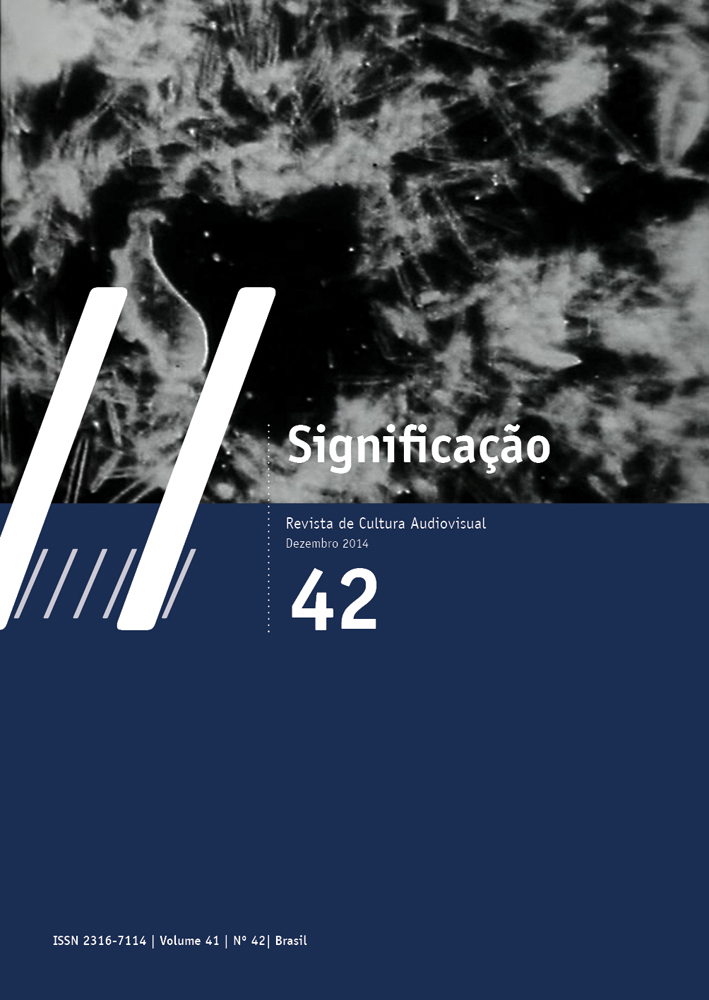The return of Khulekani Khumalo, zombie captive: imposture, law, and paradoxes of personhood in the postcolony
DOI:
https://doi.org/10.11606/issn.2316-7114.sig.2014.90737Keywords:
Post-colonial, personhood, identity, doppelgängerAbstract
What might imposture tell us about personhood in ‘postcolonial’ times? About the means of producing selfhood, identity, social viability? While the figure of the false double has long haunted Western ideas of personhood, imposture of various kinds has become ever more striking in late modern times. It is especially common in post-apartheid South Africa, for instance, where identity theft, plagiarism, fakery, even counterfeit crime are everyday occurrences. Taking a celebrated national case – the alleged ‘return’ of a famous Zulu musician who died three years ago – this paper explores what such acts of imposture might tell us about postcolonial self-fashioning, about personhood under contemporary social conditions, and about the difficulties posed by all this for law, evidence, and the meaning of recognition.
Downloads
References
BRECKENRIDGE, K. “The Biometric State: The promise and perils of digital government in the New South Africa”. Journal of Southern African Studies, Londres, v. 31, n. 2, abr.-jul. 2005.
CHATTERJEE, P. A Princely Imposter?: the Kumar of Bhawal and the secret history of indian nationalism. Princeton: Princeton University Press, 2002.
COMAROFF, J. and COMAROFF, J. L. "Alien-Nation: Zombies, immigrants, and millennial capitalism”. CODESRIA Bulletin. Dakar, n. 3/4, 1999. (Também publicado em: The South Atlantic Quarterly, ed. especial, Saurabh Dube (ed.), Enduring Enchantments, Durham&Londres, v. 101, n. 4, Outono 2002.)
_______. “Law and Disorder in the Postcolony: An Introduction”. In: Law and Disorder in the Postcolony. (ed.) Comaroff, J. e Comaroff, J. L. Chicago: University of Chicago Press, 2006.
COPLAN, D. “Sounds of the ‘Third Way’: Identity and the African renaissance in contemporary South African popular traditional music”. Black Music Research Journal, Chicago, v. 21, n. 1, mar.-mai. 2001.
DAVIS, N. Z. The Return of Martin Guerre. Cambridge, MA: Harvard University Press, 1983.
______. “On the Lame”. American Historical Review, Washington, v. 93, n. 3, 1988.
DE VIENNE, P. Le Philosophe de Court. Lyon: Jean de Tournes, 1547.
DUMAS, A. The Two Dianas. Boston: Estes & Lauriat, 1896. [Primeira edição francesa, 1846.]
FIELDS, K. E. Revival and Rebellion in Colonial Central Africa. Princeton: Princeton University Press, 1985.
GALGUT, D. The Impostor. Johannesburg: Penguin Books, 2008.
GRAEBER, D. “The Sword, the Sponge, and the Paradox of Performativity: Some observations on fate, luck, financial chicanery, and the limits of human knowledge”. Social Analysis, Biggleswade, v. 56, n. 1, mar.-mai. 2012.
GREENBLATT, S. Renaissance Self-Fashioning: From More to Shakespeare. Chicago, University of Chicago Press, 2005.
OLSEN, K. Musical Characterizations of Transformation: an exploration of social and political trajectories in contemporary maskanda. Tese (Doutorado) – Universidade de KwaZulu-Natal, Durban, 2009.
PIOT, C. Nostalgia for the Future: West Africa after the cold war. Chicago: University of Chicago Press, 2010.
POSNER, R. The Little Book of Plagiarism. New York: Pantheon Books, 1980. SCHWARTZ, H. The Culture of the Copy: striking likenesses, unreasonable facsimiles. Cambridge, MA: MIT Press, 1996.
VLADISLAVIC, I. The Exploded View. Johannesburg: Random House, 2004.
WHITE, H. “Ritual Haunts: The timing of estrangement in a post-apartheid countryside”. In: Producing African Futures: ritual and reproduction in a neoliberal age. (ed.) Brad Weiss. Leiden and Boston: Brill, 2004.
______. “Spirit and Society: In defence of a critical anthropology of religious life”. Anthropology Southern Africa, Grahamstown, v. 36, n. 3-4, ago.-dez. 2013.
Downloads
Published
Issue
Section
License
Copyright (c) 2014 John Comaroff, Jean Comaroff

This work is licensed under a Creative Commons Attribution-NonCommercial 4.0 International License.
Authors who publish in this journal must agree with the following terms:
- Authors keep their copyrights and grant the journal first time publication rights, having their articles simultaneously licensed under the Creative Commons Attribution License, which allows sharing texts with authorship recognition and first publication on this journal for non-commercial purposes.
- Authors are allowed to make additional contracts, for a non-exclusive distribution of the article’s version published on this journal (e.g.: publishing in institutional repositories of articles or as a book chapter), with authorship recognition and first publication on this journal.
















